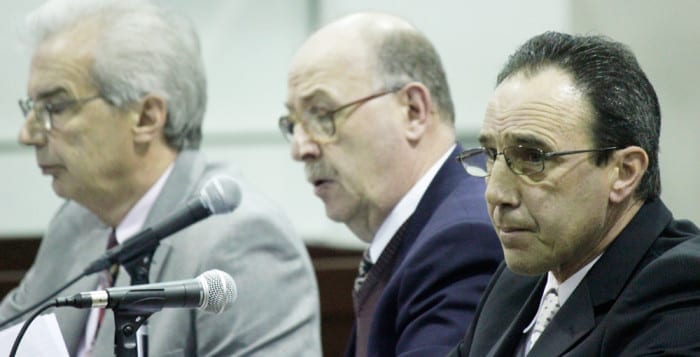By Nancy Marr
The United States is an outlier in family care policies. It is one of the few wealthy democracies without national provision of paid parental and sick leave. New York has established a better record at protecting working families, from the women’s Equality Agenda to the landmark paid family leave law, to this year’s statewide paid sick time law. During the pandemic, workers who need to care for themselves or a sick loved one have been protected by the family leave and sick time laws. But there is more to be done.
Child care providers across the state have closed, leaving the child care workers without jobs and asking parents to stay home to care for their children. With schools largely virtual, parents have had to use family leave time or leave their jobs to stay home with the children. Women were twice as likely as men to report leaving work due to caregiving duties; a large percentage were low-wage workers, many of whom faced discrimination or might not be eligible for family leave payments. (To be eligible they had to have worked 40 hours a week for at least 26 weeks, or 175 days for the same employer if they were part-time workers.)
Ending this care crisis is a crucial step toward gender equality and racial justice. Workers who are themselves experiencing COVID-19 deserve the same rights. Under the Disability Benefits Law, employees are eligible for benefits of 50 percent of their average week wage but no more than the maximum benefit of $170 per week for a period of 26 weeks. The benefits cap, raised last in 1989, must be raised.
The paid family leave act, which will reach full phase-in in 2021, must be updated to remove exceptions and ensure coverage for all private and public sector employees, including part-time domestic workers. Workers who move between jobs or face unemployment should be covered, and we should expand the definition of family to include all those whom workers consider family.
The New York Human Rights Law should be updated to expand the prohibition on familial status discrimination to encompass all forms of caregiver discrimination. It must ensure that domestic workers, who are predominantly women of color and immigrants, can benefit from all of the law’s protections, and we should fully fund the Division of Human Rights to ensure robust enforcement.
In 2021, the New York State Department of Labor must enact strong regulations for the paid sick time rights. There needs to be outreach and education to ensure all workers know and can use their rights.
New York must also lead the way to insure that workers have meaningful access to alternative work arrangements, including telecommuting and part-time work. Workers, especially in low-wage industries, should know in advance what their schedules will be, and have a say in planning them. Worker-protective legislation on misclassification and fair pay for all New Yorkers is also needed.
The financing of long-term services and supports for older Americans and people with disabilities has come chiefly from Medicaid and private long-term care insurance, neither of which are available to the average middle class person.
Direct care services for the elderly or disabled, either in nursing homes or at home, are among the fastest growing jobs in the economy, but, like child care, have low pay and few protections. Women of color are the most likely to be in this cohort, and are the most likely to leave their jobs to perform uncompensated care at home. Home care, whether by an outsider or a family member, should be paid for and protected.
Funding for family leave and disability pay comes from payroll deductions from employees and employer contributions through insurances held by employers. We need to find ways to assist employers of domestic and part-time workers to comply with regulations or seek help from the Department of Labor in order to guarantee the eligibility of their workers for benefits. More information can be found at https://www.abetterbalance.org/.
Contact New York State Governor Cuomo (www.governor.ny.gov), NYS Senate Majority Leader and Temporary President Andrea Stewart-Cousins ([email protected]) and Assembly Speaker Carl Heastie ([email protected]) to let them know you care about worker and family rights.
Nancy Marr is first vice president of the League of Women Voters of Suffolk County, a nonprofit, nonpartisan organization that encourages the informed and active participation of citizens in government and influences public policy through education and advocacy. For more information, visit www.lwv-suffolkcounty.org or call 631-862-6860.








